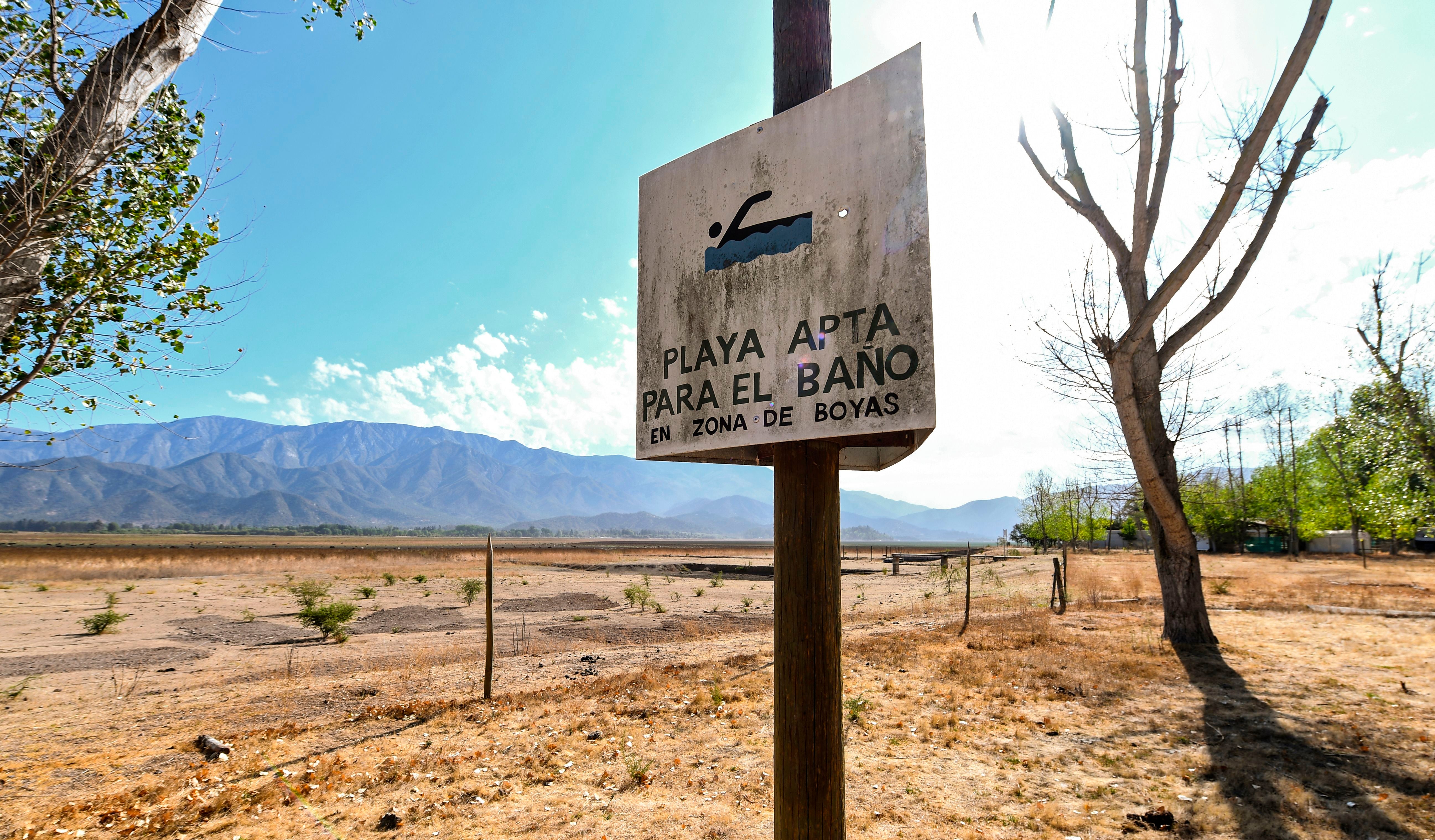Chile forced to ration water as ‘unprecedented’ drought enters 13th year
‘We have to prepare for there to not be enough water for everyone who lives here,’ says Santiago’s governor

The Chilean capital of Santiago has announced a plan to ration water as the country enters its 13th year of drought.
The city of almost six million people is in an “unprecedented situation”, Claudio Orrego, the governor of the Santiago metropolitan region, explained at a press conference.
“A city can’t live without water,” he explained, before adding, “And we’re in an unprecedented situation in Santiago’s 491-year history where we have to prepare for there to not be enough water for everyone who lives here.”
The water rationing plan features a four-tier alert system that moves from green to red and starts with public service announcements, moves onto restricting water pressure and ends with rotating water cuts of up to 24 hours. This will apply to about 1.7 million customers.
The alert system is based on the capacity of the Maipo and Mapocho rivers that supply the capital with most of its water. Both have seen dwindling water levels as the drought has continued.
According to government estimates, the amount of water available in the country has dropped 10 per cent to 37 per cent over the past three decades.
There are concerns it could drop a further 50 per cent in northern and central parts of the country by 2060.
The frequency of the water cuts will be determined by the water deficit in the rivers, measured in litres per second. They could take place every 12, six or four days and in every case, a different area will face water cuts each day.
“This is the first time in history that Santiago has a water rationing plan due to the severity of climate change,” Mr Orrego said. “It’s important for citizens to understand that climate change is here to stay. It’s not just global, it’s local.”
Certain areas in the city centre are set to be exempt due to the high concentration of capitals.
Areas which are fed by well water or other sources, rather than one of the two rivers, will also be exempt from restrictions.
Although intense droughts that may last a couple of years are not uncommon in Chile, the past decade has seen rainfall in the centre of the country up to 45 per cent below average. In the capital city, rain has hovered around 10 to 20 per cent of normal levels.
The drought is the worst in modern history, with scientists attributing around 25 per cent of its severity to climate change.
Subscribe to Independent Premium to bookmark this article
Want to bookmark your favourite articles and stories to read or reference later? Start your Independent Premium subscription today.

Join our commenting forum
Join thought-provoking conversations, follow other Independent readers and see their replies